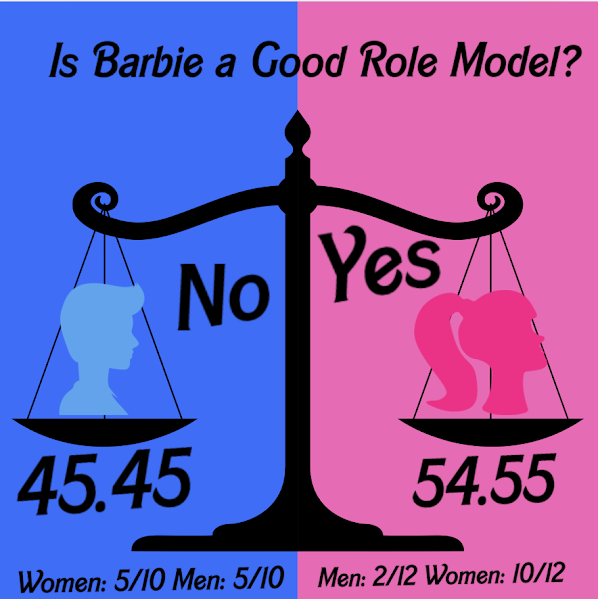Online AP Exams? Not a Fan
The AP Exams are typically administered in a timed and monitored environment, but school closures due to the COVID-19 pandemic caused the exam format to be switched to an online, at-home abbreviated version. (MCT/Times)
The COVID-19 pandemic has brought about many changes around the world. From the enforcement of face masks in some states to the closing of all schools in the United States, almost all aspects of everyday life have been impacted by the coronavirus with no end in sight.
For all students, remote learning has become a reality, and the question of earning credit from standardized tests, such as Collegeboard’s Advanced Placement (AP) Exams, has been just one of many aspects of education impacted by the pandemic. In order to allow high school students to earn college credit for taking AP classes, the Collegeboard created an online version of traditional AP exams for the 2019-2020 school year.
This year’s AP exams were in a 45-minute, online format, with most of the AP curriculum’s tests being graded on one to two questions.
While the Collegeboard’s efforts in administering online AP exams this year are commendable, as the organization is allowing students to earn college credit despite the pandemic, AP exams should have been canceled for the 2019-2020 school year, and instead, students should have been rewarded credit based off of their final grade in that class (100-90:5, 89-80: 4, 79-70:3, etc.).
Students should not have an additional stress laid upon them during a global pandemic. Instead of focusing on their families or worrying about staying safe, many students will face more emotional distress than they are already facing because of COVID-19.
As Sanjay Mitchell, coordinator of college and alumni programs for Thurgood Marshall Academy Public Charter School in the District of Columbia, said in a Washington Post article by Nick Anderson, “I don’t want our children, especially first-generation low-income students, to be intimidated about taking these tests. I don’t want them to risk their health and sanity just to be able to take the tests, so they can ultimately, maybe get some college credit.”
Along with placing students under an unnecessary amount of stress, this year’s AP exams may later prove to be incredibly unreliable due to technical difficulties and/or cheating, because there were no teachers or other administrators present to help with technical issues or watch for cheating. This would not be fair for students who worked hard and had to have their scores cancelled or have to retake the exam due to unreliable internet connection.
The Washington Post article also revealed another drawback of this year’s AP Exams, as expressed by the words of Delonta Johnson, 17, a senior at Thurgood Marshall.
“I don’t have Internet connectivity that’s stable enough,” she said.
Many students like Johnson share the same concerns about taking AP exams online this year and would rather earn credit in other ways.
Having an online AP exam also did not allow students to test to their best ability. For many students, taking a test at home can be a recipe for disaster, as they would have to be tested while being distracted.
And while allowing students to be rewarded credit based on their grade in their high school class setting may bring about questions of legitimacy because of different grading standards of teachers, the Collegeboard could have looked at the trends in classrooms and compared the grades of other students within the same class/school in order to grade accurately and fairly.
A 45-minute exam that is one to two questions long is not a good measure of what was taught or retained throughout the school year, especially for math or science classes.
While giving students credit based on their final grades when taking in-person classes would account for many tests, classwork and homework taken throughout the year, a 45-minute test is simply ineffective in measuring what a student has learned throughout their time in that AP class.
Many AP students said they were disappointed that they won’t get to showcase all of the skills they have learned in the last year or to delve into Calculus concepts as deeply as they might have.
“Other students said they missed the personal connections of prepping for the exam at school, and the ability to turn to a classmate for help or visit teachers during office hours,” according to a Los Angeles Times article written by Teresan Watanabe.
All in all, there are too many downsides to having had an online version of AP exams for the 2019-2020 school year, and instead, the Collegeboard should have awarded students credit for AP classes based on their final grades.






